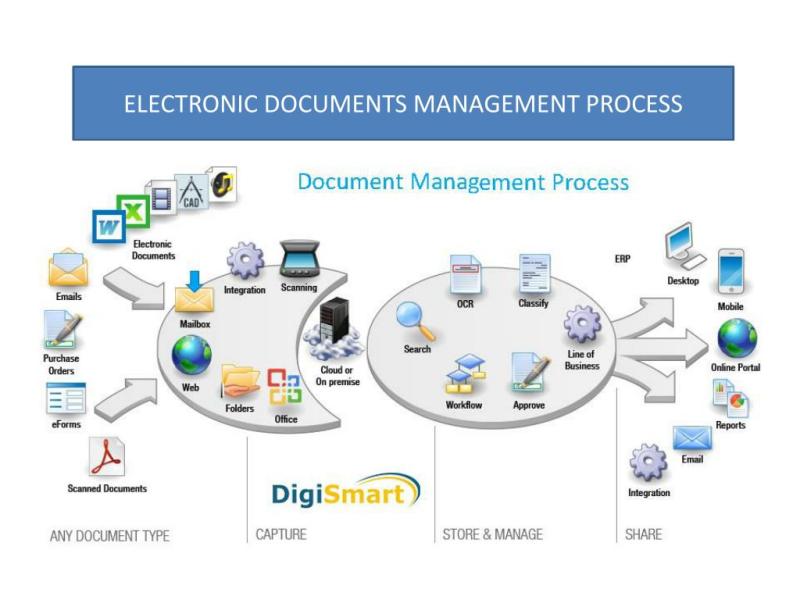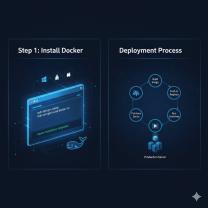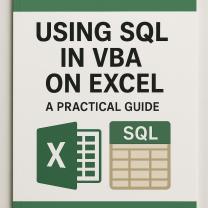What does case management software do?
Case management software is a specialized type of software designed to streamline and automate the processes involved in managing cases, which can refer to a variety of tasks, projects, or customer interactions within an organization. The primary goal of case management software is to enhance efficiency, collaboration, and organization in handling cases, typically in fields such as customer service, legal, healthcare, social work, and project management. Here are some key functionalities and features of case management software:
Case Tracking:
- Case management software provides a centralized platform for tracking the progress of individual cases. This includes monitoring key milestones, deadlines, and tasks associated with each case.
Data Organization:
- It helps organize and store relevant data and documents related to each case. This ensures that all information is easily accessible, reducing the need for manual searching and improving overall data management.
Workflow Automation:
- Automation features streamline routine tasks and processes associated with case management. This can include automated notifications, reminders, and the assignment of tasks to specific team members.
Collaboration Tools:
- Case management software often includes collaboration tools to facilitate communication and teamwork among individuals involved in a case. This can include discussion threads, file sharing, and real-time collaboration features.
Document Management:
- Effective document management is a crucial aspect of case management. The software allows users to upload, store, and organize documents related to each case, ensuring that the right information is readily available.
Reporting and Analytics:
- Case management systems offer reporting and analytics features to track key performance indicators (KPIs), measure efficiency, and identify areas for improvement. This data-driven approach helps organizations make informed decisions.
Integration with Other Systems:
- Many case management solutions integrate with other software and systems used within an organization. This can include CRM (Customer Relationship Management), ERP (Enterprise Resource Planning), and communication tools, creating a seamless workflow.
Customization:
- Case management software is often customizable to meet the unique needs and workflows of different organizations. Users can adapt the software to align with their specific case management processes.
Security and Compliance:
- Given the sensitive nature of case-related data, security features are a critical component of case management software. This includes user access controls, encryption, and compliance with industry-specific regulations.
Task and Deadline Management:
- The software helps users create, assign, and track tasks associated with each case. It ensures that deadlines are met, and tasks are completed in a timely manner.
Client and Stakeholder Communication:
- Some case management systems include features for communication with clients, stakeholders, or external parties involved in a case. This can include secure messaging, client portals, or communication tracking.
Scalability:
- Case management solutions are designed to scale with the needs of an organization. As the number of cases or users grows, the software can accommodate increased demands without a significant loss of performance.
Case management software is employed across various industries and sectors to improve organizational efficiency, enhance collaboration, and provide a structured approach to handling cases. Its versatility makes it a valuable tool for businesses, legal firms, healthcare providers, government agencies, and non-profit organizations, among others.
What does case management software do, and how is it utilized?
Case management software is a digital tool that helps organizations manage the workflow of cases, such as customer support tickets, sales leads, or patient records. It provides a centralized platform for tracking case progress, collaborating with team members, and communicating with clients.
Case management software is used by a variety of organizations, including:
- Businesses: Businesses use case management software to track customer support tickets, sales leads, and other customer interactions.
- Nonprofits: Nonprofits use case management software to track client intake, service delivery, and outcomes.
- Government agencies: Government agencies use case management software to track cases such as child welfare investigations, unemployment claims, and passport applications.
- Healthcare organizations: Healthcare organizations use case management software to track patient records, manage treatment plans, and coordinate care.
How does case management software streamline processes and improve organizational efficiency?
Case management software can help organizations streamline processes and improve organizational efficiency in a number of ways, including:
- Centralizing case data: Case management software provides a centralized platform for tracking case data, such as case status, task assignments, and communication history. This can help to reduce duplication of effort and improve visibility across the organization.
- Automating tasks: Case management software can automate many of the tasks involved in case management, such as routing new cases to the appropriate team members, sending reminders about due dates, and generating reports. This can free up staff to focus on more complex tasks.
- Improving collaboration: Case management software can facilitate collaboration between team members by providing a shared workspace for sharing documents, communicating about cases, and tracking progress.
- Providing insights: Case management software can provide insights into organizational performance by generating reports on case volume, turnaround times, and other metrics. This information can be used to identify areas for improvement.
Are there specific features or functionalities common to effective case management software?
Effective case management software should have the following features or functionalities:
- Case tracking: The software should allow users to track the progress of cases through different stages.
- Task management: The software should allow users to assign and track tasks associated with cases.
- Communication management: The software should allow users to communicate with clients and team members about cases.
- Document management: The software should allow users to store and manage documents related to cases.
- Reporting: The software should generate reports on case volume, turnaround times, and other metrics.
In addition to these core features, many case management software solutions also offer additional features such as:
- Workflow customization: The ability to customize the workflow of the software to match the specific needs of the organization.
- Integrations: The ability to integrate with other systems, such as CRM systems, ERP systems, and accounting systems.
- Mobile access: The ability to access the software from mobile devices.
By choosing a case management software solution with the right features and functionalities, organizations can streamline their processes, improve their organizational efficiency, and provide better service to their clients.













